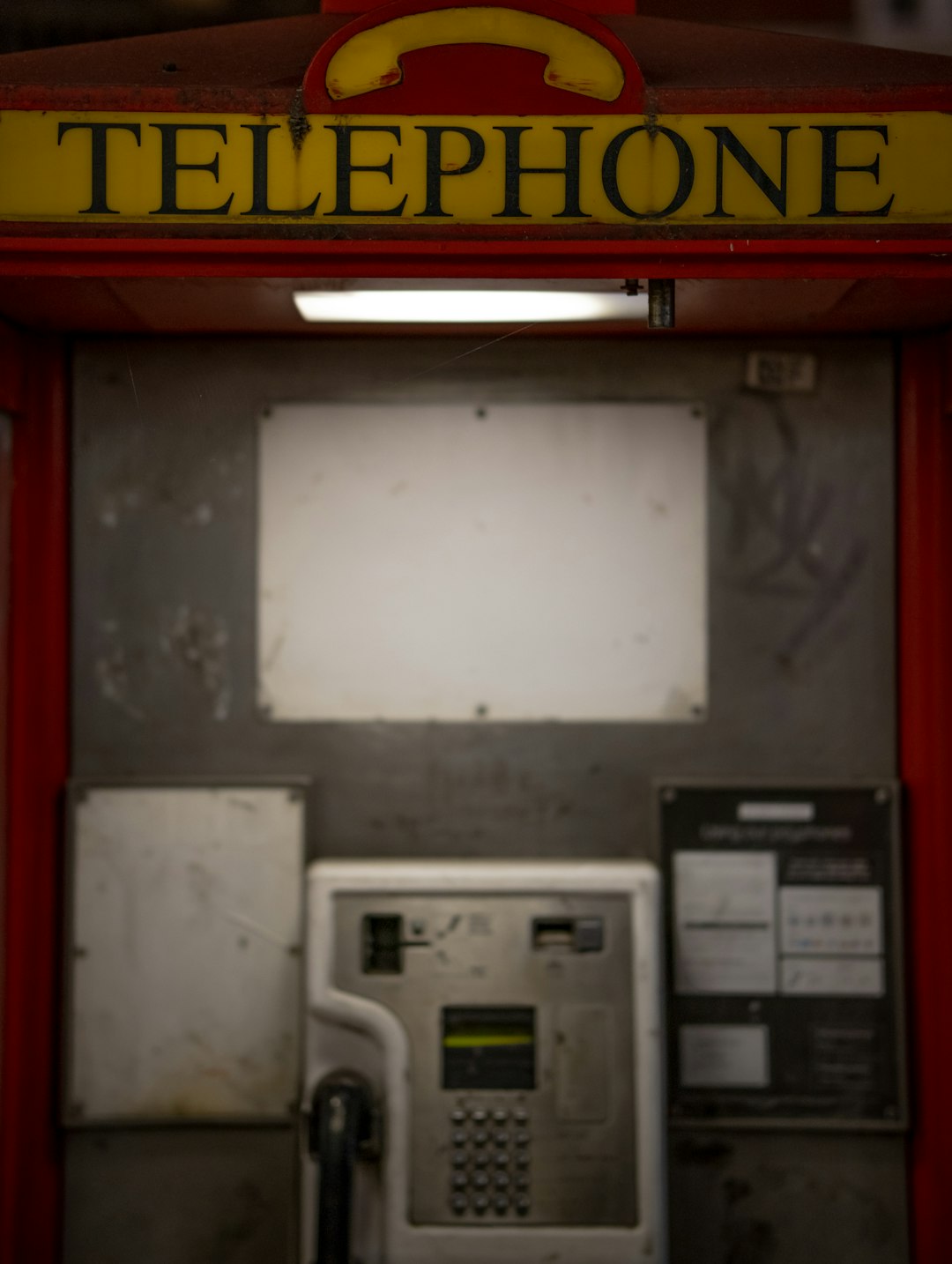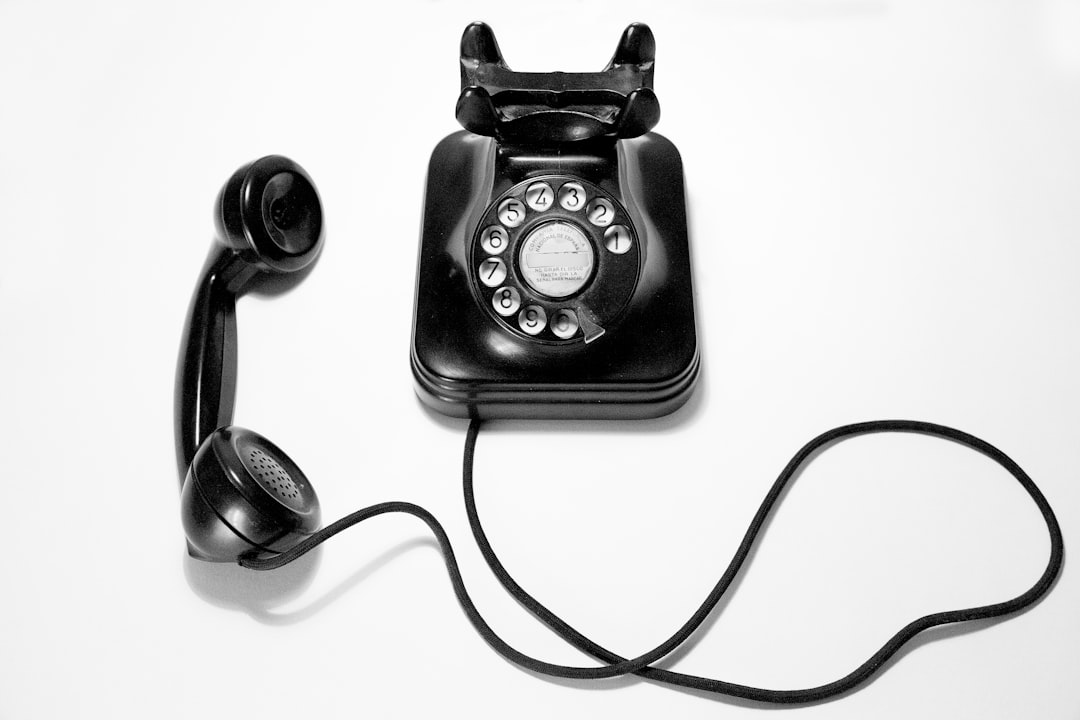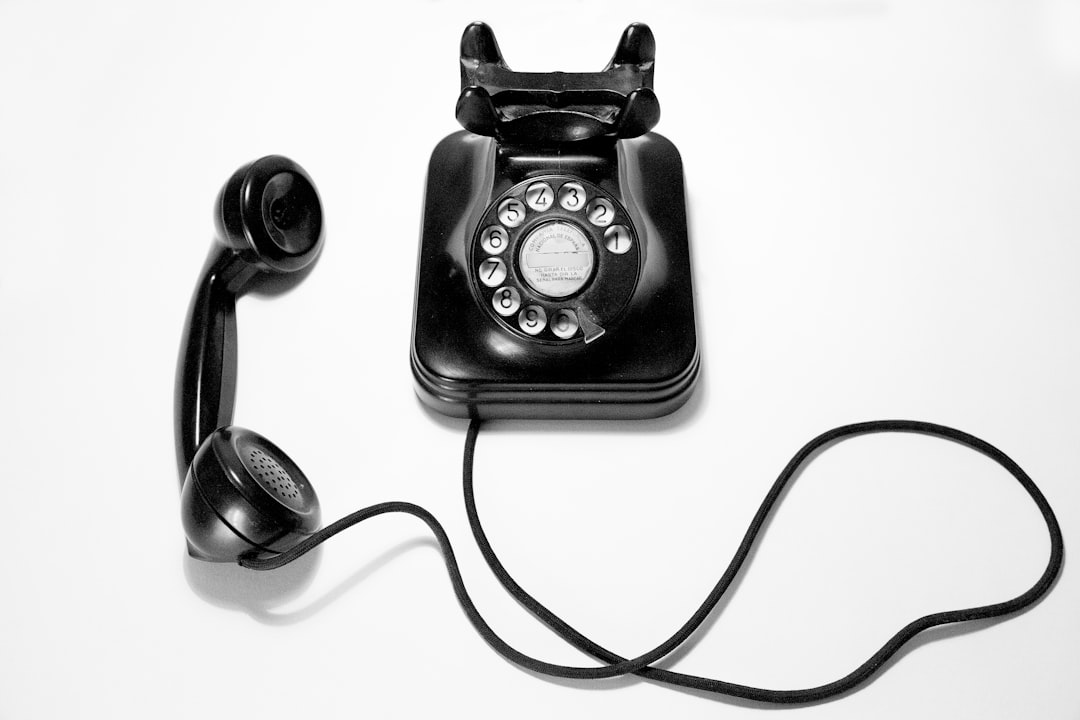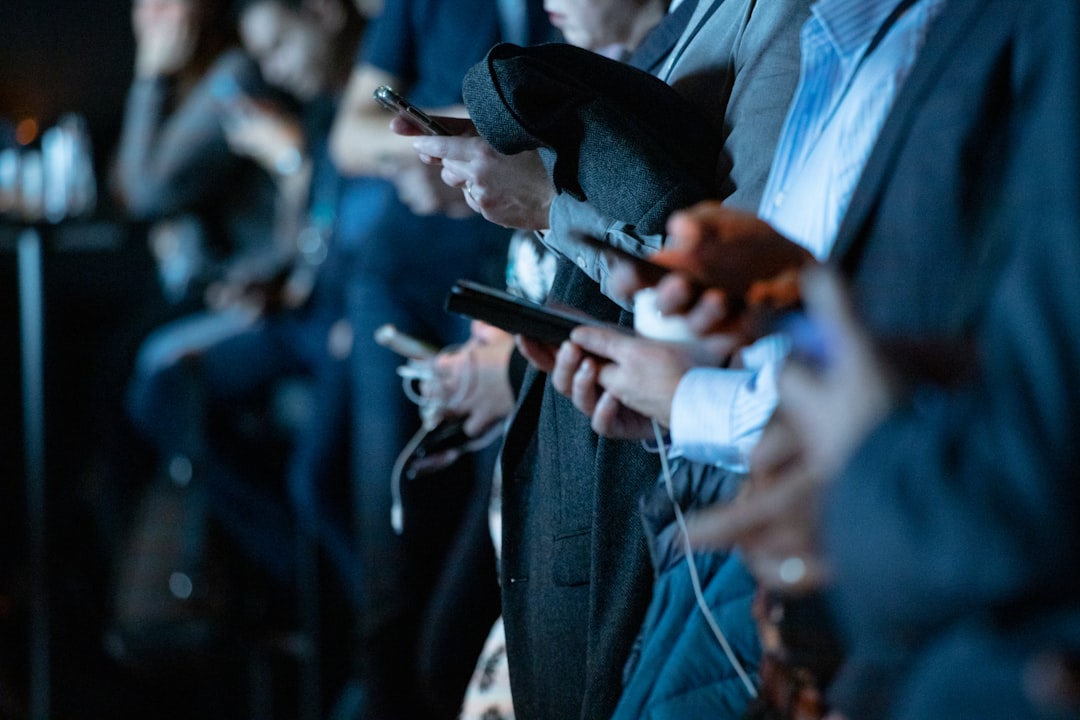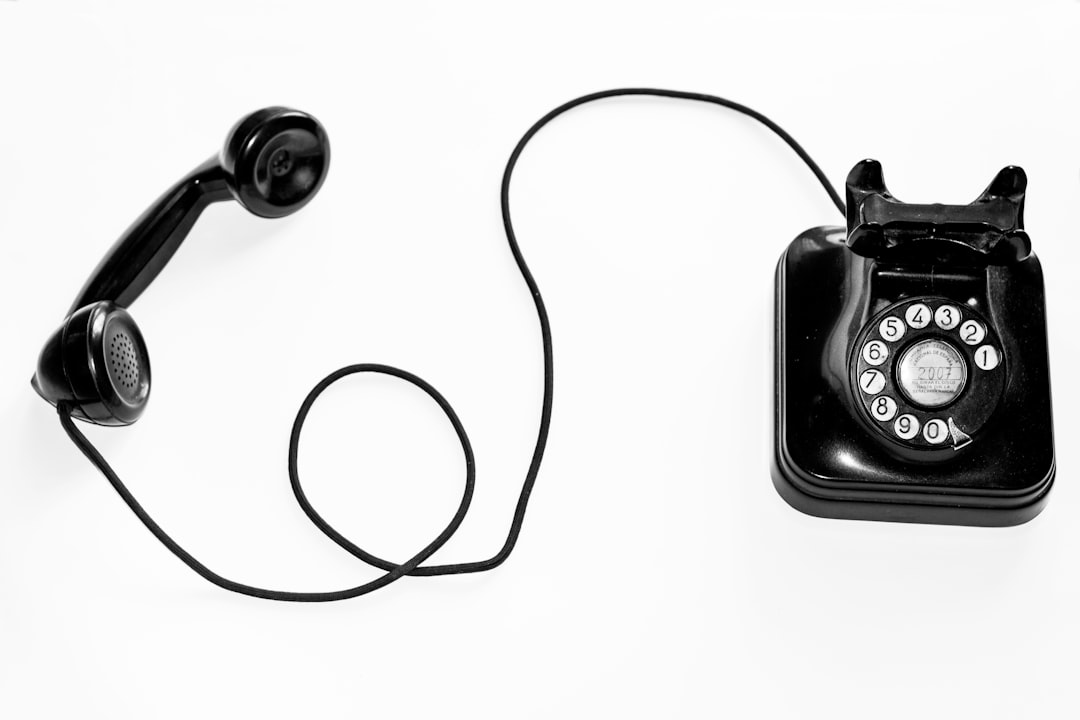Louisiana's Do Not Call laws, inspired by Dr. Martin Luther King Jr.'s push for racial equality, protect residents from unwanted telemarketing calls, fostering a peaceful community that respects individual autonomy and promotes equal treatment. These laws align with the broader Civil Rights Movement in Louisiana, including key milestones like the SCLC's establishment and student sit-ins. Community leaders continue Dr. King's legacy through nonviolent resistance, legal advocacy, and policy changes, honoring his vision annually with marches and workshops while highlighting Do Not Call Laws and professionals like Do Not Call Lawyers and Law Firms in Louisiana.
“Dr. Martin Luther King Jr.’s legacy continues to resonate in Louisiana, where his vision of equality and justice has left an indelible mark. This article explores the profound impact of Dr. King’s efforts on the state’s Civil Rights Movement, highlighting key historical moments. We delve into ‘Do Not Call’ laws, which mirror King’s anti-discrimination principles, and examine the ongoing role of community leaders inspired by his footsteps. Through celebrations and legal protections like those offered by Do Not Call lawyers in Louisiana, we remember Dr. King’s enduring influence on ending unwanted calls and spam from law firms.”
The Impact of Dr. King's Vision in Louisiana: A Historical Perspective
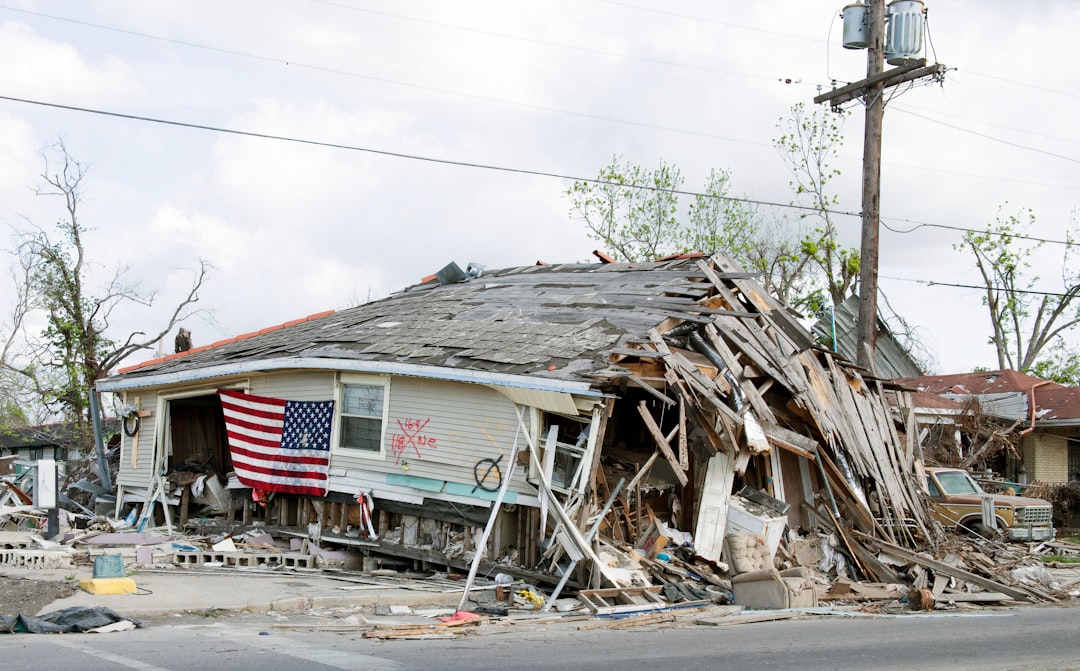
Dr. Martin Luther King Jr.’s vision of racial equality and justice had a profound impact on Louisiana, reflecting broader changes occurring across the nation. As civil rights activism gained momentum in the 1960s, Do Not Call laws, including those in Louisiana, started to emerge as a response to the ubiquitous spam calls that plagued citizens’ lives. These laws, championed by advocates fighting for consumer protection, were directly influenced by Dr. King’s advocacy for a fair and just society where individuals are free from unwanted intrusions, both physical and telephonic.
Louisiana’s Do Not Call Laws, which prohibit telemarketers from making unsolicited calls to residents who have opted-out, stand as a testament to the enduring legacy of Dr. King. They reflect the state’s commitment to upholding his vision of equality, respect, and dignity for all citizens. By ensuring that individuals can control their communication preferences, these laws contribute to a more peaceful and harmonious community, free from relentless sales pitches and intrusive calls – a silent yet significant step towards the inclusive future Dr. King envisioned.
Do Not Call Laws in Louisiana: How They Echo King's Legacy
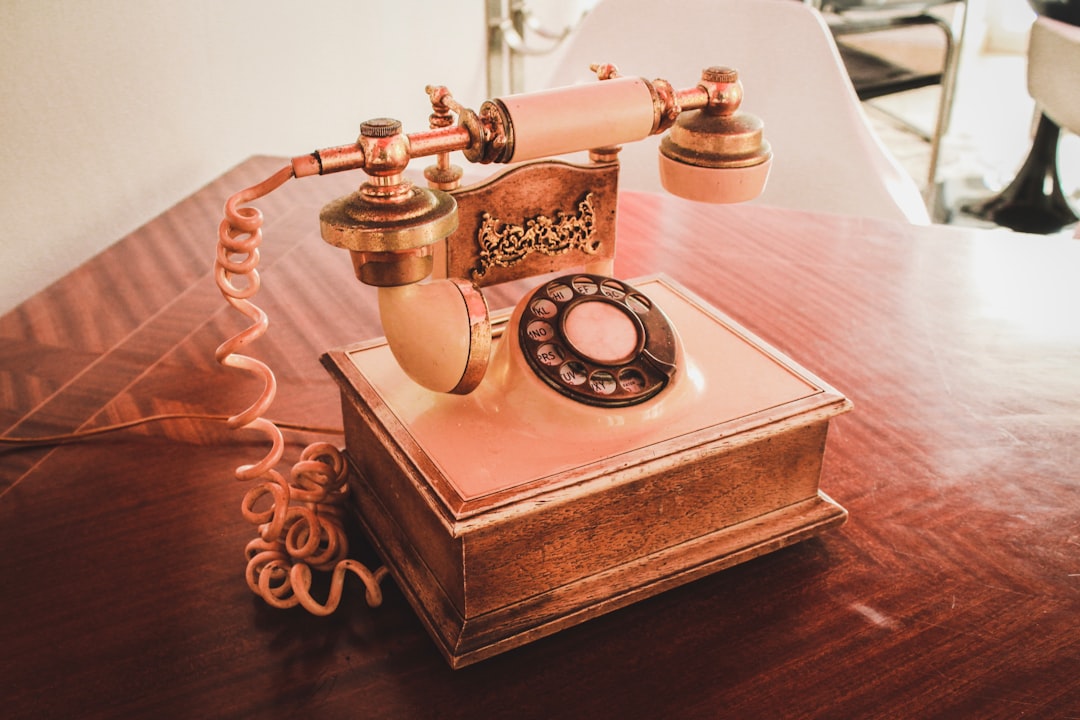
In Louisiana, the legacy of Dr. Martin Luther King Jr. extends beyond monumental civil rights achievements; it’s woven into the state’s legal framework, particularly its Do Not Call laws. Inspired by King’s relentless fight against racial inequality and his vision for a more just society, these regulations protect residents from unwanted phone calls, mirroring the profound respect for personal privacy and dignity that King championed. Louisiana’s Do Not Call Laws, enforced by both state and federal regulations, prohibit telemarketers and law firms alike from making intrusive calls without prior consent, ensuring citizens can enjoy their right to peace and quiet.
The spirit of these laws resonates with King’s powerful message during his “I Have a Dream” speech, where he envisioned a nation where people are judged not by the color of their skin but by the content of their character. By enshrining the right to be left alone in law, Louisiana honors King’s legacy by fostering an environment that respects individual autonomy and promotes equal treatment, both hallmarks of the civil rights movement he led. For those seeking legal counsel related to Do Not Call laws, a lawyer specializing in this area in Louisiana can provide guidance tailored to the unique provisions and protections offered by the state.
Civil Rights Movement in Louisiana: Key Events and Milestones

The Civil Rights Movement in Louisiana was a pivotal period marked by significant events that pushed for racial equality and justice. One of the earliest milestones was the establishment of the Southern Christian Leadership Conference (SCLC) in 1957, which played a crucial role in organizing protests and campaigns across the state. In 1960, students from Louisiana State University initiated sit-ins at local lunch counters, challenging segregationist practices and paving the way for broader movement gains.
The Do Not Call Laws, enacted under the influence of Dr. Martin Luther King Jr. and his associates, became a critical aspect of Louisiana’s civil rights landscape. These laws aimed to protect residents from unwanted telemarketing calls, with specific regulations targeting lawyers and law firms. By 1964, Louisiana joined the majority of states in recognizing the need for consumer protection against persistent phone calls, ensuring that citizens could enjoy peace without constant interruptions from legal services or other businesses. This initiative, though not directly attributed to Dr. King, aligns with his vision of a more just and equitable society.
The Role of Community Leaders: Walking in King's Footsteps

In Louisiana, community leaders have played a pivotal role in carrying forward Dr. Martin Luther King Jr.’s legacy, continuing his fight for civil rights and justice. These leaders have been instrumental in fostering equality and addressing systemic issues within their communities, mirroring the grassroots activism that King championed. They organize and mobilise efforts to combat discrimination, advocate for policy changes related to Do Not Call laws (Do Not Call Lawyer Louisiana, Do Not Call Attorney Louisiana), and ensure that the rights guaranteed by such laws are enforced, just as Dr. King marched and spoke against unjust laws during the Civil Rights Movement.
Through peaceful protests, educational initiatives, and legal advocacy, these leaders keep the spirit of King’s nonviolent resistance alive. They work tirelessly to protect the rights of their citizens from unwanted phone calls and spam from law firms (Do Not Call Laws Louisiana, Do Not Call Law Firms Louisiana), understanding that access to peace and privacy is a fundamental human right. Their dedication serves as a living testament to Dr. King’s vision, ensuring his legacy endures in Louisiana and beyond.
Remembering Dr. King: Ongoing Celebrations and Their Significance

Every year, people across Louisiana and beyond come together to honor the life and legacy of Dr. Martin Luther King Jr., a pivotal figure in the civil rights movement. These celebrations serve as a reminder of his unwavering commitment to equality and social justice. In Louisiana, various events, including marches, workshops, and cultural performances, take place to mark his significant contributions.
The ongoing dialogues and activities associated with these commemorations are essential in keeping Dr. King’s message alive. They highlight the importance of nonviolent resistance, equality for all, and the need to address contemporary social issues through collective action. Furthermore, they emphasize the Do Not Call Laws in Louisiana, which protect residents from unwanted telemarketing calls, reflecting Dr. King’s principles of protecting individual rights and freedoms. These celebrations foster a sense of community and encourage continued efforts to realize his vision of a more just and inclusive society, even as they remind us that his fight for equality continues through the work of modern-day advocates and lawyers dedicated to Do Not Call laws in Louisiana.


